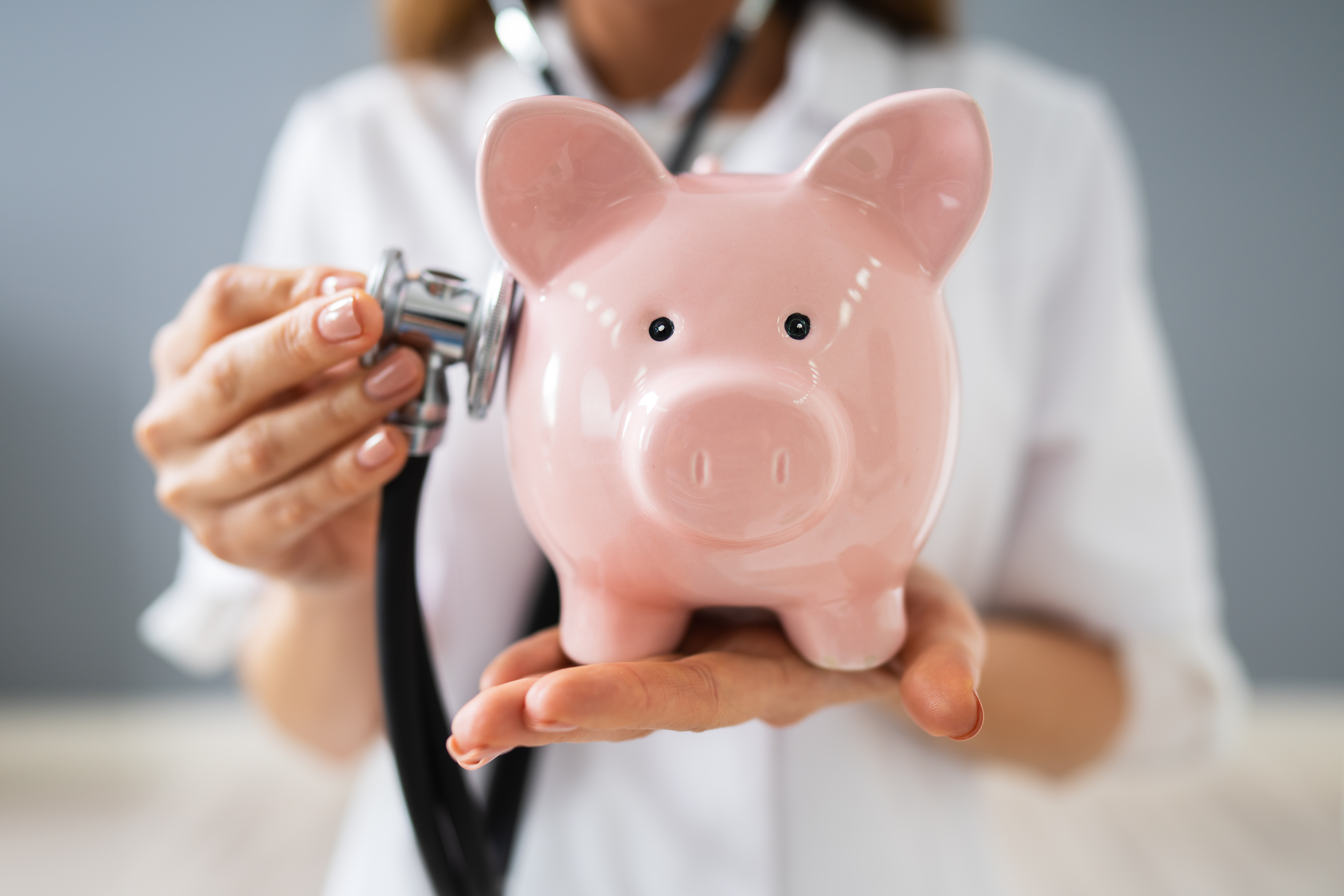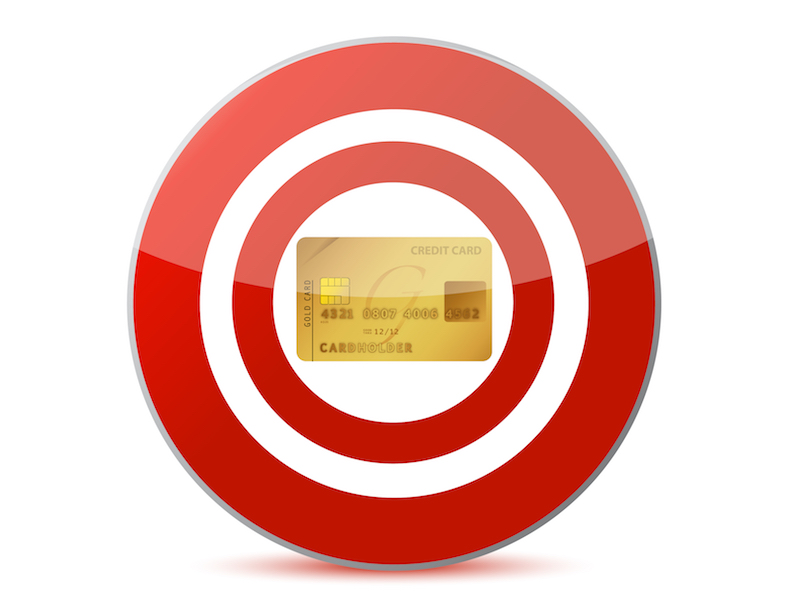With rising interest rates and runaway inflation numbers over the past year, it’s easy to feel like there is a giant gorilla on your shoulders. Every trip to the grocery store or gas station brings tension and anxiety as your budget is being stretched thinner and the dollars you spend don’t buy as much as they used to.
It is ever more important to make sure you are keeping your mental, physical, and financial health on track. With the added stress of seeing your dollars dwindle and your debt mounting, it becomes very easy to let your mental, physical, and financial health go by the wayside. Once one aspect of your health(?) tumbles, the others follow.
Your mental and physical health are connected, which soon translates into your financial health. Make the effort today to keep all three on track.
Your Mental Health
It is important for you to maintain your mental health and make sure you are giving yourself “me” time. If you are feeling stressed, anxious, or depressed, it is time to step away. Ideally, you will have the self-awareness to step away and take time for yourself before you are super stressed or anxious. Take frequent breaks during work and do something that makes you happy. Even if for only a few minutes.
Breathe
Take a deep breath, recenter yourself, and relax. Performing regular breathing exercises can improve your mental and physical health. The best part is you need nothing fancy and can perform a few breaths whenever the anxiety strikes.
Meditate
Research has shown that taking just a few minutes each day to meditate can refocus your mind, reduce stress and pain, improve one’s attention span, concentration, and discipline, as well as regulate emotions.
Gratitude
Giving thanks and practicing gratitude have shown to make people happier in clinical studies. Not only that, but when you give thanks, you become more optimistic and notice the smaller things in life that make you happy.
Your Physical Health
It’s unnecessary to spend countless hours pumping iron in the gym to maintain your physical health. Take 15 minutes a day and be active.
Get Out in Nature – Walk
Take a walk and get out in nature. If you have a park or a piece of nature nearby, spend some time there. Walk around and smell the flowers. It’s proven, being outside increases happiness, improves concentration, reduces stress and anxiety, and helps with fatigue. Walking compounds the benefits.
Yoga or Stretching
Yoga and stretching have immense benefits for your health and well-being. Not only will your body feel better, the act of stretching releases endorphins in the brain to make you feel more positive. Stretching improves blood flow and energy and enhances inner peace and calm.
Diet
A poor diet is the root of one of the worst downward spirals you can take yourself down. The old saying, “you are what you eat,” couldn’t be truer. What you eat has a direct effect on your mood, and mental and physical health. Unfortunately, a healthy diet is usually the first casualty when things get tough. When we are stressed, we get lazy and tend not to make healthy meals. We snack and eat out more. Do yourself a favor and buy healthy ingredients and cook at home. Your body and wallet will thank you.
Your Financial Health
With your financial health, get back to basics. Make sure you know where you are spending your money. Good money habits can be the difference between a terribly stressful relationship with money and a healthy one.
Create a Budget–Live Within Your Means
Get back to basics and make sure you have an updated budget, and you stick to it. A budget will allow you to track where you are spending your money and let you know if you are being a good steward of money or being wasteful. Also, live within your means and don’t spend on credit unless you absolutely have to.
Payoff High Interest Debt First
When paying off debt, pay off debt with the highest interest first. This will ensure you are paying less in interest than if you paid off the lowest balance first. Also, try to make payments twice a month, instead of once a month when the payment is due. This will also save you money on interest. However, as we mentioned above, only buy on credit when it’s a need, not a want.
Speak to an Expert
When you feel your debt burden is too high and out of control, don’t hesitate, speak to a professional. There is no reason to live with the stress and guilt of being in a bad financial position. Sometimes life happens. Divorces, layoffs, medical emergencies, and other things happen to good people. There are a number of reasons why your finances spiral out of control. Reign them back in with the help of a debt expert.
Americor is here for you and your family. Don’t delay, reach out to Americor today and get on the path to financial health.





